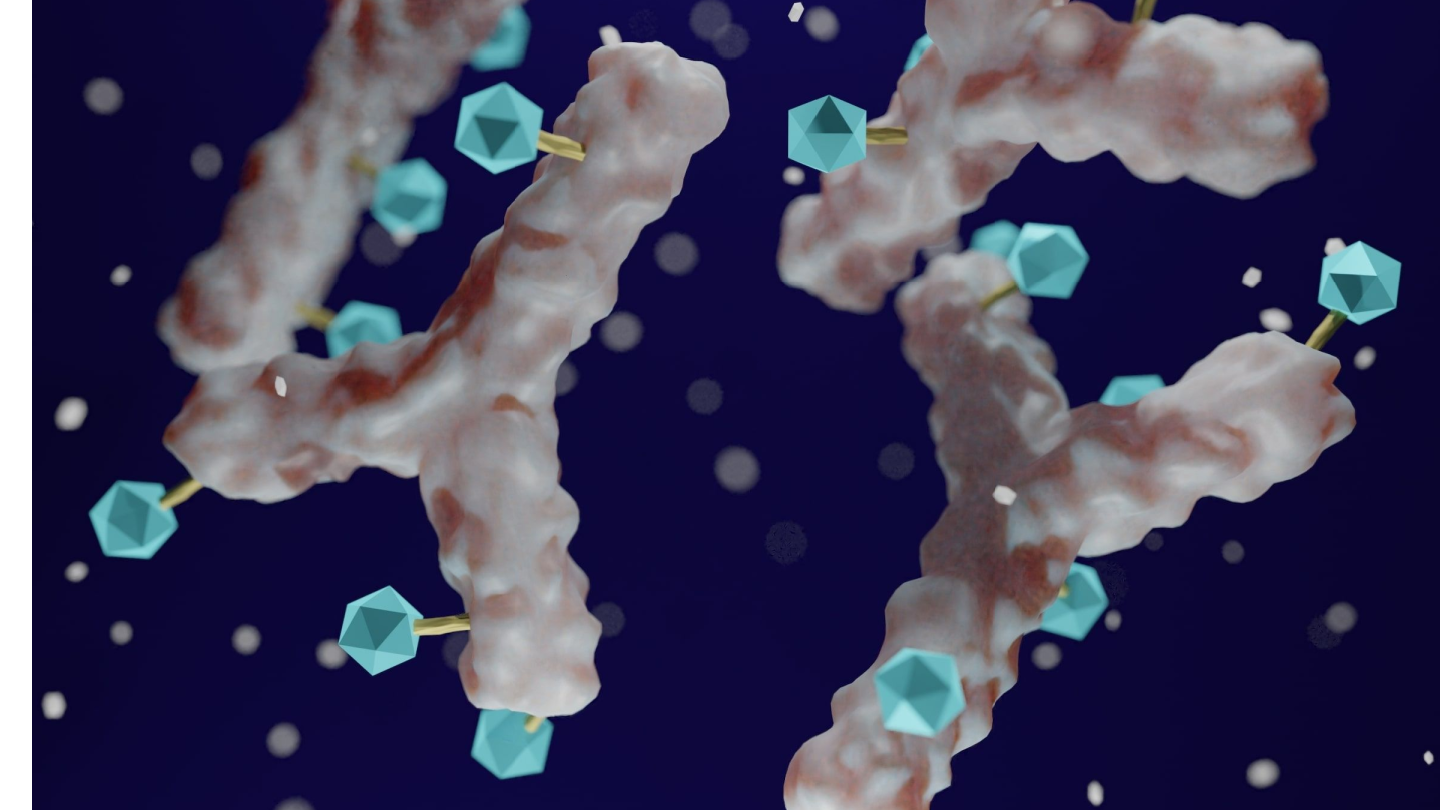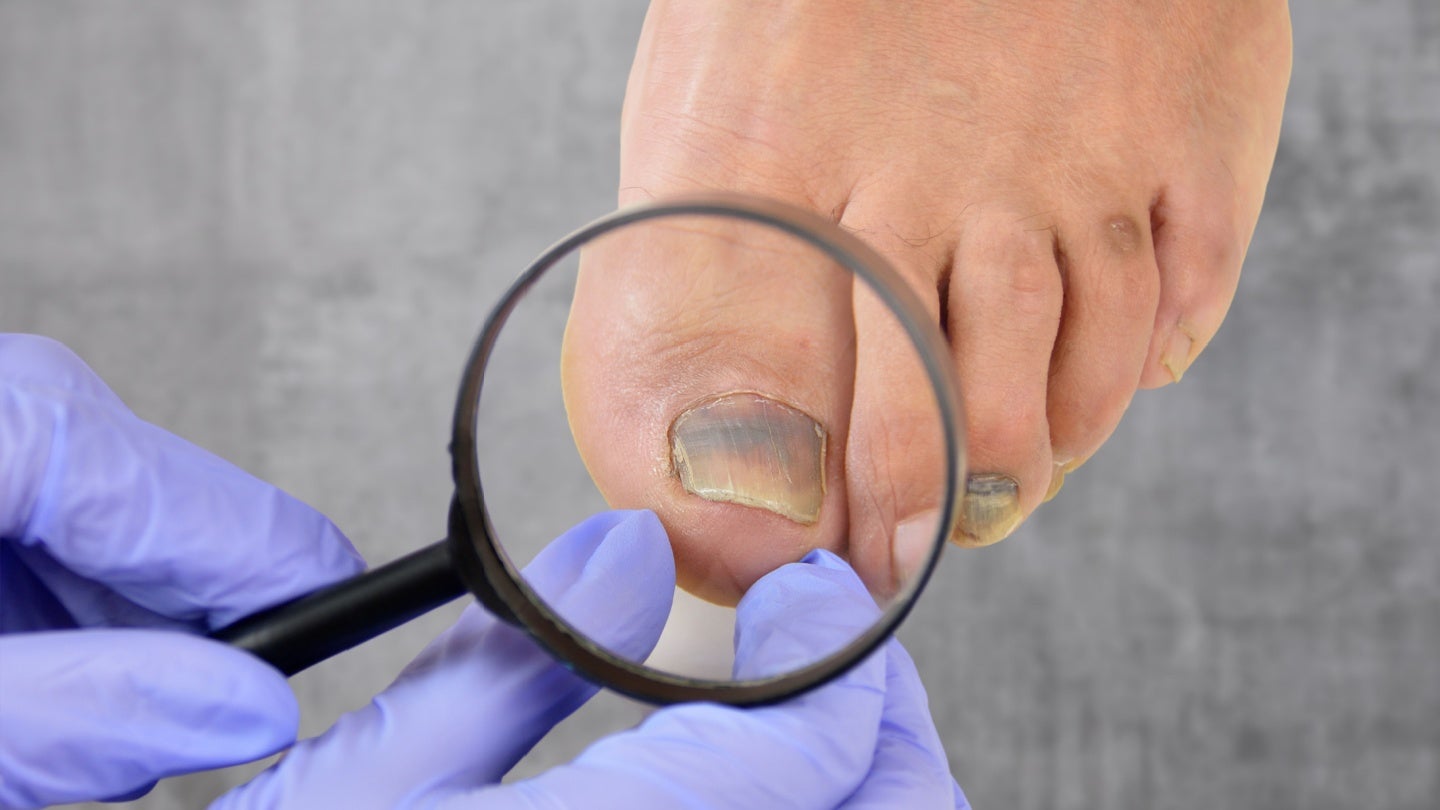Innovation in immuno-oncology: Leading companies in monoclonal antibody conjugates for cancer treatment
The pharmaceutical industry continues to be a hotbed of innovation, with activity driven by the evolution of new treatment paradigms,…

The pharmaceutical industry continues to be a hotbed of innovation, with activity driven by the evolution of new treatment paradigms, and the gravity of unmet needs, as well as the growing importance of technologies such as pharmacogenomics, digital therapeutics, and artificial intelligence. In the last three years alone, there have been over 633,000 patents filed and granted in the pharmaceutical industry, according to GlobalData’s report on Immuno-oncology in Pharmaceuticals: Monoclonal antibody conjugates for cancer treatment.
According to GlobalData’s Technology Foresights, which uses over 756,000 patents to analyse innovation intensity for the pharmaceutical industry, there are 110 innovation areas that will shape the future of the industry.
Monoclonal antibody conjugates for cancer treatment is a key innovation area in immuno-oncology
The primary purpose of antibody drug conjugates (ADCs) is to increase the efficacy of anticancer medications by minimising systemic drug distribution and targeting specific cells. ADC is a class of drug comprised of a monoclonal antibody conjugated to a cytotoxic drug through a chemical linker. To develop an effective ADC for cancer therapy, an appropriate target must be selected, a monoclonal antibody must be developed against the target, and then the antibody must be conjugated to cytotoxic agents to selectively deliver a toxic payload.
GlobalData’s analysis also uncovers the companies at the forefront of each innovation area and assesses the potential reach and impact of their patenting activity across different applications and geographies. According to GlobalData, there are 90+ companies, spanning technology vendors, established pharmaceutical companies, and up-and-coming start-ups engaged in the development and application of monoclonal antibody conjugates for cancer treatment.
Key players in monoclonal antibody conjugates for cancer treatment – a disruptive innovation in the pharmaceutical industry
‘Application diversity’ measures the number of different applications identified for each relevant patent and broadly splits companies into either ‘niche’ or ‘diversified’ innovators.
‘Geographic reach’ refers to the number of different countries each relevant patent is registered in and reflects the breadth of geographic application intended, ranging from ‘global’ to ‘local’.
Patent volumes related to monoclonal antibody conjugates for cancer treatment
| Company | Total patents (2010 - 2021) | Premium intelligence on the world's largest companies |
| F. Hoffmann-La Roche | 703 | Unlock company profile |
| Daiichi Sankyo | 293 | Unlock company profile |
| AbbVie | 259 | Unlock company profile |
| Takeda Pharmaceutical | 212 | Unlock company profile |
| Philogen | 197 | Unlock company profile |
| Pfizer | 192 | Unlock company profile |
| Gilead Sciences | 186 | Unlock company profile |
| Seagen | 168 | Unlock company profile |
| Bristol-Myers Squibb | 155 | Unlock company profile |
| Amgen | 154 | Unlock company profile |
| Oxford BioTherapeutics | 125 | Unlock company profile |
| ImmunoGen | 123 | Unlock company profile |
| Stemcentrx | 119 | Unlock company profile |
| Astellas Pharma | 110 | Unlock company profile |
| Johnson & Johnson | 95 | Unlock company profile |
| GSK | 85 | Unlock company profile |
| Prothena | 83 | Unlock company profile |
| Bayer | 76 | Unlock company profile |
| Axon Neuroscience | 68 | Unlock company profile |
| Jiangsu Hengrui Medicine | 54 | Unlock company profile |
| BC Partners LLP | 52 | Unlock company profile |
| Sorrento Therapeutics | 50 | Unlock company profile |
| Siwa | 49 | Unlock company profile |
| Pierre Fabre Foundation | 48 | Unlock company profile |
| AstraZeneca | 43 | Unlock company profile |
| Neurimmune Holding | 43 | Unlock company profile |
| AC Immune | 39 | Unlock company profile |
| Ecole Polytechnique Federale de Lausanne | 39 | Unlock company profile |
| Sanofi | 37 | Unlock company profile |
| C. H. Boehringer Sohn | 35 | Unlock company profile |
| Mayo Clinic | 35 | Unlock company profile |
| Chiome Bioscience | 34 | Unlock company profile |
| City of Hope | 30 | Unlock company profile |
| Immunwork | 28 | Unlock company profile |
| Helix BioPharma | 25 | Unlock company profile |
| Shanghai Junshi Bioscience | 25 | Unlock company profile |
| Academia Sinica | 24 | Unlock company profile |
| U3 Pharma | 24 | Unlock company profile |
| United States Of America | 23 | Unlock company profile |
| TRON gGmbH | 23 | Unlock company profile |
| Thermo Fisher Scientific | 23 | Unlock company profile |
| A. Menarini Industrie Farmaceutiche Riunite | 22 | Unlock company profile |
| Oncomatryx Biopharma | 22 | Unlock company profile |
| Toray Industries | 21 | Unlock company profile |
| Asana BioSciences | 20 | Unlock company profile |
| Les Laboratoires Servier | 20 | Unlock company profile |
| MacroGenics | 19 | Unlock company profile |
| Aprogen pharmaceuticals | 19 | Unlock company profile |
| Regeneron Pharmaceuticals | 19 | Unlock company profile |
| Ministry of Trade and Industry, Singapore | 19 | Unlock company profile |
Source: GlobalData Patent Analytics
F. Hoffmann-La Roche is the leading patent filer in monoclonal antibody conjugates for cancer treatment. F. Hoffmann-La Roche is a biotechnology company that develops drugs and diagnostics to treat major diseases. It provides medicines for the treatment of cancer, other auto-immune diseases, central nervous system disorders, ophthalmological disorders, infectious diseases, and respiratory diseases. Roche has multiple monoclonal antibody conjugates, some already approved, and some under development. Kadcyla, one of the two marketed drugs, is manufactured by Roche.
In terms of application diversity, AusHealth is the top company, followed by Epic Sciences and McSAF. By means of geographic reach, Astellas Pharma holds the top position, while TRON and Eisai stand in second and third positions, respectively.
To further understand the key themes and technologies disrupting the pharmaceutical industry, access GlobalData’s latest thematic research report on Pharmaceutical.
What's Your Reaction?

































